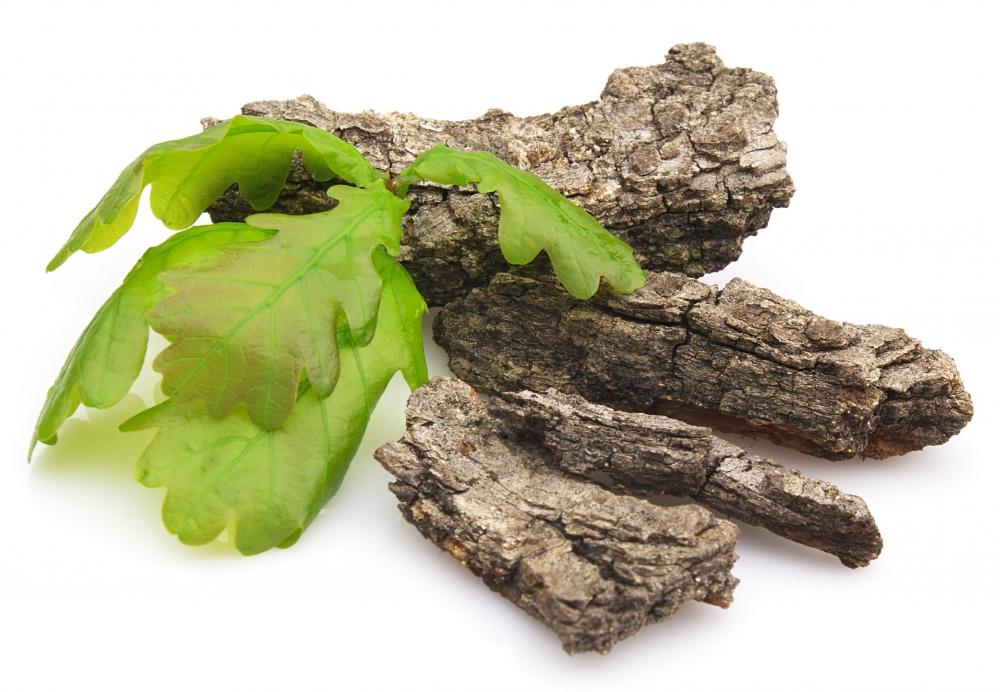At WiseGEEK, we're committed to delivering accurate, trustworthy information. Our expert-authored content is rigorously fact-checked and sourced from credible authorities. Discover how we uphold the highest standards in providing you with reliable knowledge.
What is Biodynamic Gardening?
Biodynamic gardening focuses on organic farming principles and avoids the use of pesticides in planting and sustaining crops. Instead, this method typically uses natural components such as ashes for pest control, and herbs, manure, and powdered quartz crystals as fertilizers. Biodynamic gardening advocates often see the entire farm as a holistic entity, with each plant and animal interdependent on one another.
The roots of biodynamic gardening first developed in 1924, when Rudolf Steiner gave a series of eight lectures to farmers who expressed concern about the degrading condition of their soil quality. The farmers believed the reason for this was the use of chemical fertilizers and pesticides. After Steiner's lectures, a research group formed to perform further testing, leading to a steadily increasing number of biodynamic agriculture advocates.

Biodynamic farmers typically view the farm as a whole entity, in which the soil, crops, and animals each play a crucial and interconnected role. As long as each part is well on its own, according to this theory, then the whole farm will flourish. Biodynamic gardening usually makes use of natural techniques such as crop rotation, nutrient recycling, and soil maintenance. The method generally encourages open pollination, so farmers are able to grow their own seed, rather than use the seed sold by large companies.

This more natural farming method operates based on nine soil fertilization preparations, which Rudolf Steiner numbered 500 through 508. The first two preparations focus on the initial preparation of the fields, and the remaining seven are used for creating compost. Preparation 500 calls for a manure-filled cow's horn to be buried underground in autumn, and 501 instead uses a powdered quartz crystal-filled cow's horn, buried in spring and then removed in autumn. The remaining seven compost preparations require different herbs, such as Yarrow, Chamomile, Stinging Nettle, Oak bark, Dandelion, Valerian, and Horsetail, to be buried at varying times of the year.

Pest control is often accomplished by burning the body of an undesirable animal, or a weed, then spreading the ashes through the soil in differing ways. To control weeds, for example, farmers typically start a fire using weeds as kindling, then burn the weed's seeds in the flames. The ashes produced from the burnt seeds are spread around the fields, then sprayed with urine from a sterile cow. This is thought to render the weed infertile, causing it to cease spreading.
Biodynamic gardening often looks to astrology to govern many facets of the farm. Moon phases and constellations are usually considered to determine the proper time to plant and harvest crops. Because of the method's reliance on astrology, critics sometimes consider it to be occult or magic-like, instead of based on established, scientific farming practices.
Studies have been carried out to determine the effectiveness of biodynamic farming. While some studies revealed an increase in soil and crop quality, others found little to no improvement when comparing this method to traditional farming.
AS FEATURED ON:
AS FEATURED ON:













Discuss this Article
Post your comments